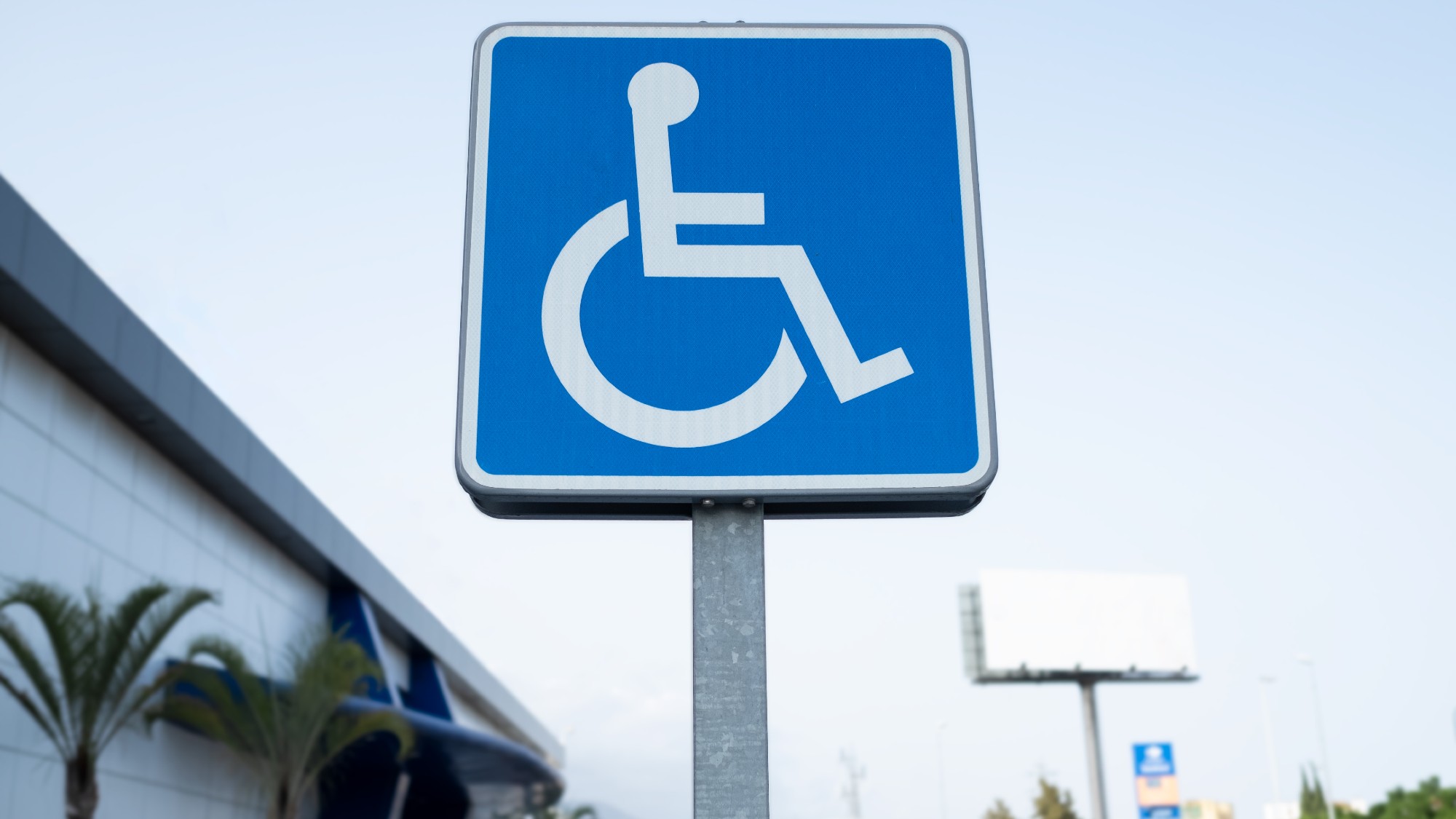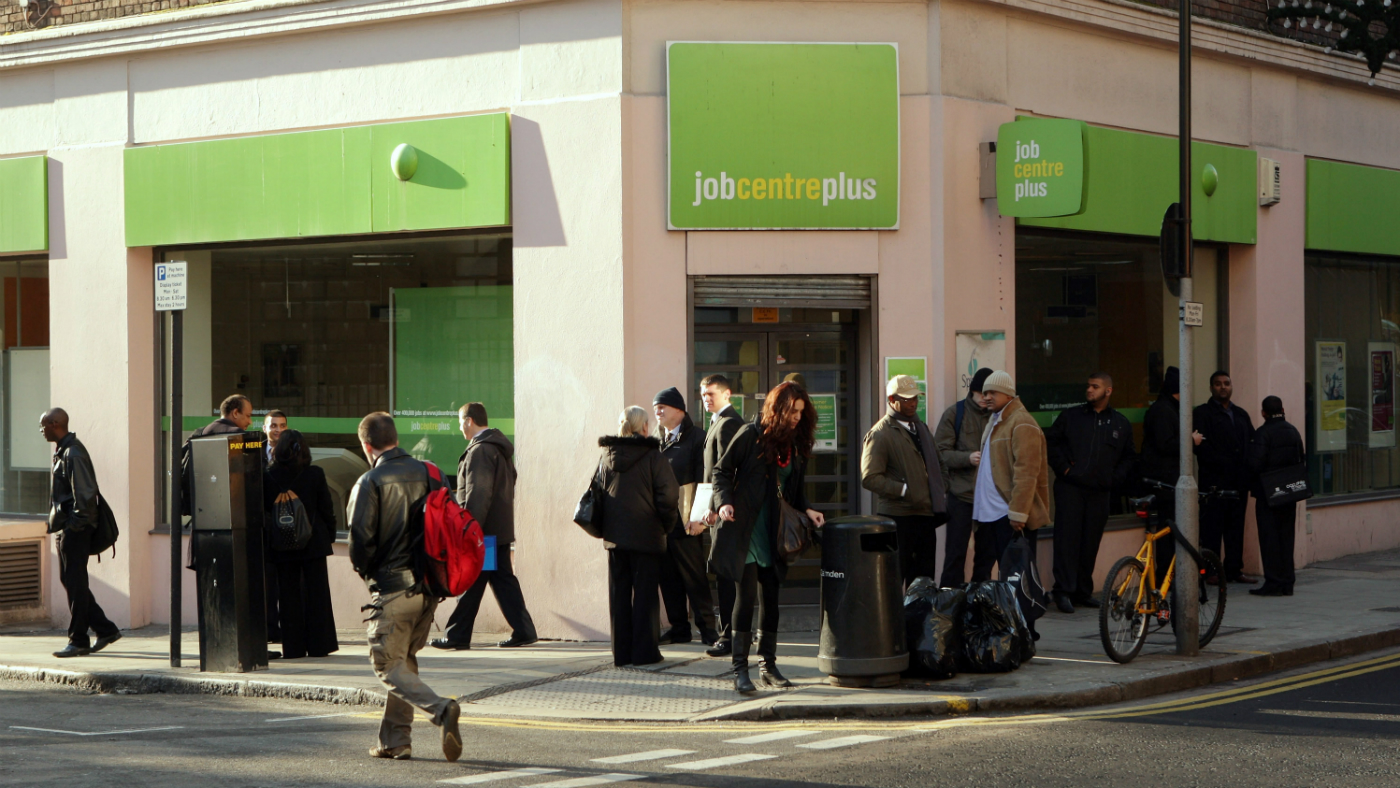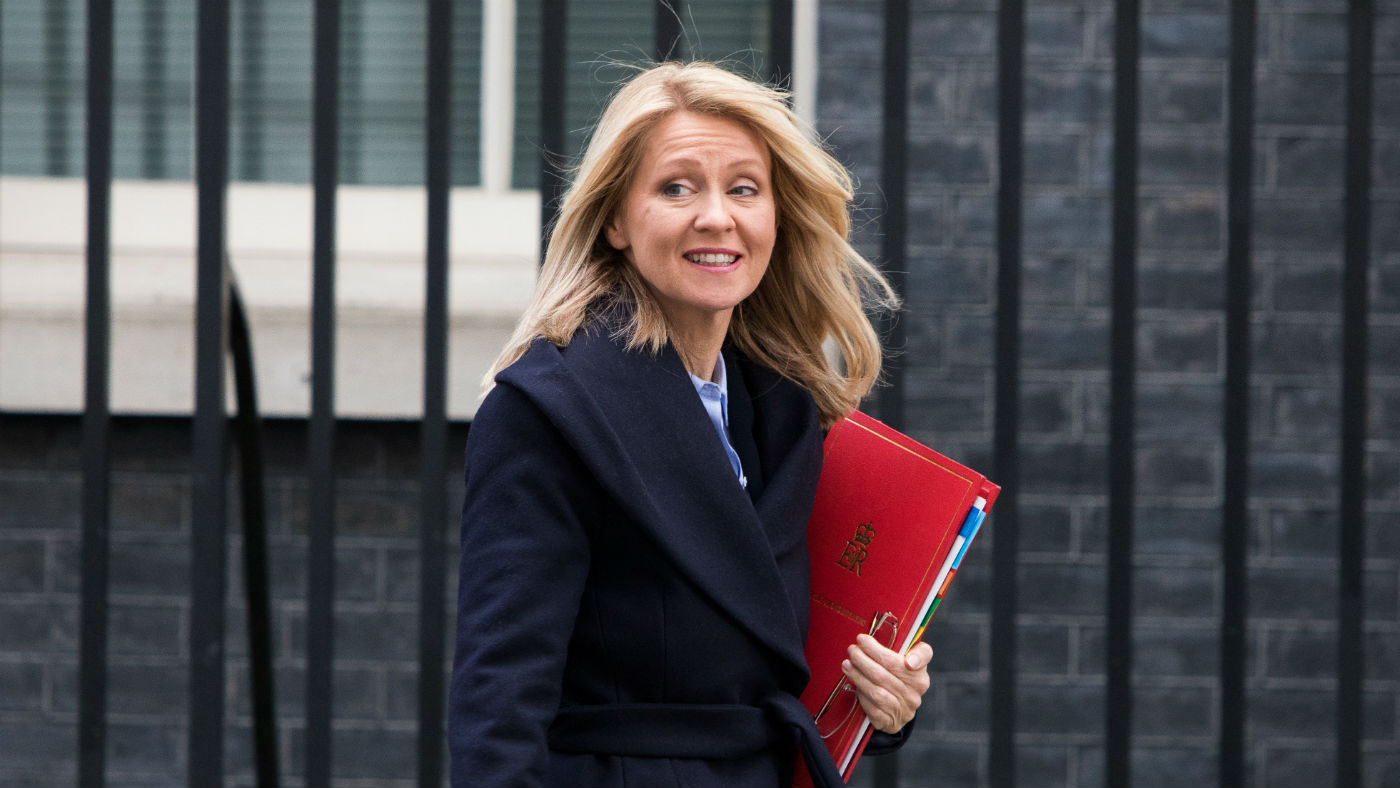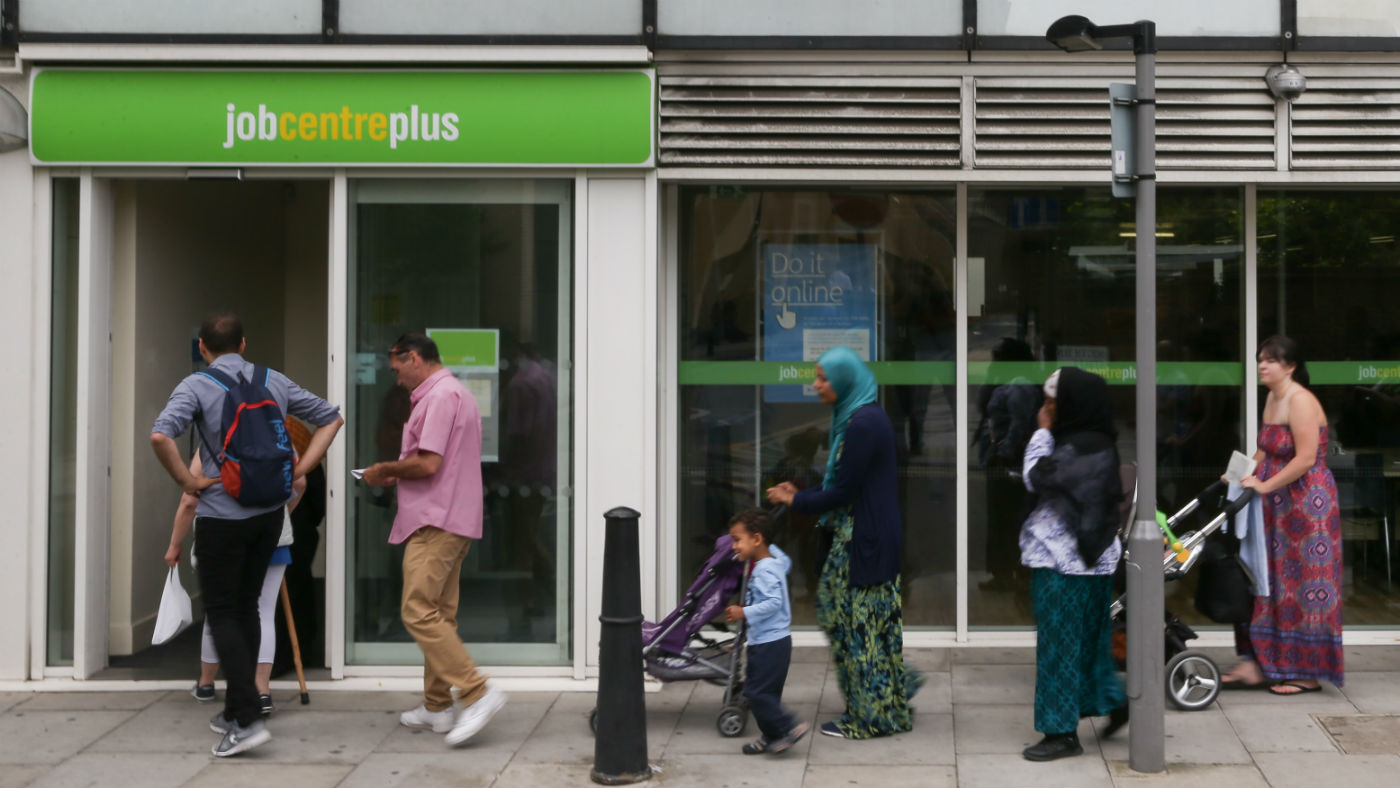Universal Credit cut: a guide to financial aid alternatives
Boris Johnson defends £20-a-week cut by arguing that taxpayers should not ‘subsidise’ low pay

A free daily email with the biggest news stories of the day – and the best features from TheWeek.com
You are now subscribed
Your newsletter sign-up was successful
Nearly six million unemployed and low-paid workers are facing a £1,040 hit to the yearly incomes as the Universal Credit benefit uplift is removed today.
According to analysis by the Joseph Rowntree Association, more than 500,000 people, including 200,000 children, will be pushed into poverty by the £20-a-week cut. Polling last week by Savanta ComRes for The Independent on Sunday found that just 19% of respondents supported the ending of the uplift, introduced last year to help poorer households cope with the Covid pandemic.
But while ongoing gas price hikes are further increasing the cost of living, Boris Johnson has defended the cut. The prime minister told ITV’s Robert Peston yesterday that taxpayers should not have to “subsidise” low pay and that the market should catch up with higher wages.
The Week
Escape your echo chamber. Get the facts behind the news, plus analysis from multiple perspectives.

Sign up for The Week's Free Newsletters
From our morning news briefing to a weekly Good News Newsletter, get the best of The Week delivered directly to your inbox.
From our morning news briefing to a weekly Good News Newsletter, get the best of The Week delivered directly to your inbox.
Advice for affected households
Citizens Advice recommends that anyone claiming Universal Credit should carry out a benefit check “to help you verify you’re getting all the support you’re entitled to”. These checks can be done using online benefits calculators or at a local Citizen’s Advice Office.
People eligible for Universal Credit may be able to claim extra amounts if, for example, they have children; have a disability or health condition that prevents them from working; or need help paying rent.
Other financial support
A free daily email with the biggest news stories of the day – and the best features from TheWeek.com
According to the government website, a range of other types of support are available for people with financial difficulties. These include:
- help with health costs, including prescriptions and dental treatment
- Discretionary Housing Payments if your Universal Credit payment is not enough to pay your rent
- free school meals
- free early education for two-year-olds
- a Sure Start Maternity Grant, available in England and Wales
- a Cold Weather Payment if the average temperature in your area is recorded as, or forecast to be, zero degrees celsius or below for seven consecutive days
- a reduction in your Council Tax
In addition, Chancellor Rishi Sunak last week announced a £500m hardship fund to help those facing severe poverty pay for food, clothing and bills. Ministers have said the Winter Hardship Fund will “support millions” of households, via small grants for food, clothing and utilities that will be distributed through local authorities.
The new fund will run for an “unspecified period” over the winter months, said The Guardian, with £421m available to English councils, and the remaining £79m for Scotland, Wales and Northern Ireland.
Welfare charities have criticised the fund as a “temporary sticking plaster” that will do little to lessen the financial wounds left by the Universal Credit cut.
The fund’s existence is “tantamount to an admission that the Universal Credit cut will make many people destitute”, wrote benefit system policy expert Tom Pollard in the same paper. One-off payments will do “next to nothing to address their underlying problems”, he added.
The Universal Credit cut also coincides with the end of the furlough scheme, introduced in March last year to help employers retain staff during the pandemic.
The main benefit available for anyone losing their job after a period in work is the New Style Jobseeker's Allowance (JSA). People who are unemployed, or who work less than 16 hours a week, may be eligible for the allowance, and may be able to claim the benefit alongside Universal Credit.
The JSA is a “contribution-based benefit”, according to the government, so claimants must have paid enough National Insurance contributions in the last two full tax years to qualify. The benefit is worth £59.20 a week for under-25s, and £74.70 a week for older age groups, and can be claimed for up to six months.
Alternatively, people who have a health condition or disability that prevents them from working can apply for the new-style Employment and Support Allowance (ESA).
For further help, food bank referrals can be made through Citizens Advice, or find local food banks through The Trussell Trust website.
-
 Crisis in Cuba: a ‘golden opportunity’ for Washington?
Crisis in Cuba: a ‘golden opportunity’ for Washington?Talking Point The Trump administration is applying the pressure, and with Latin America swinging to the right, Havana is becoming more ‘politically isolated’
-
 5 thoroughly redacted cartoons about Pam Bondi protecting predators
5 thoroughly redacted cartoons about Pam Bondi protecting predatorsCartoons Artists take on the real victim, types of protection, and more
-
 Palestine Action and the trouble with defining terrorism
Palestine Action and the trouble with defining terrorismIn the Spotlight The issues with proscribing the group ‘became apparent as soon as the police began putting it into practice’
-
 ABLE accounts: how they work and who can benefit from them
ABLE accounts: how they work and who can benefit from themthe explainer These state-administered accounts are available to people with disabilities
-
 The great universal credit swindle
The great universal credit swindleSpeed Read Multimillion-pound benefit scam is exposed as fraudsters target flagship scheme
-
 Esther McVey ‘misled’ MPs over universal credit
Esther McVey ‘misled’ MPs over universal creditSpeed Read Work and Pensions secretary makes partial apology but also disputes some of the watchdog’s findings
-
 Universal credit ‘may never deliver value for money’
Universal credit ‘may never deliver value for money’In Depth Damning independent audit of welfare reform finds it is running behind schedule and not delivering on aims